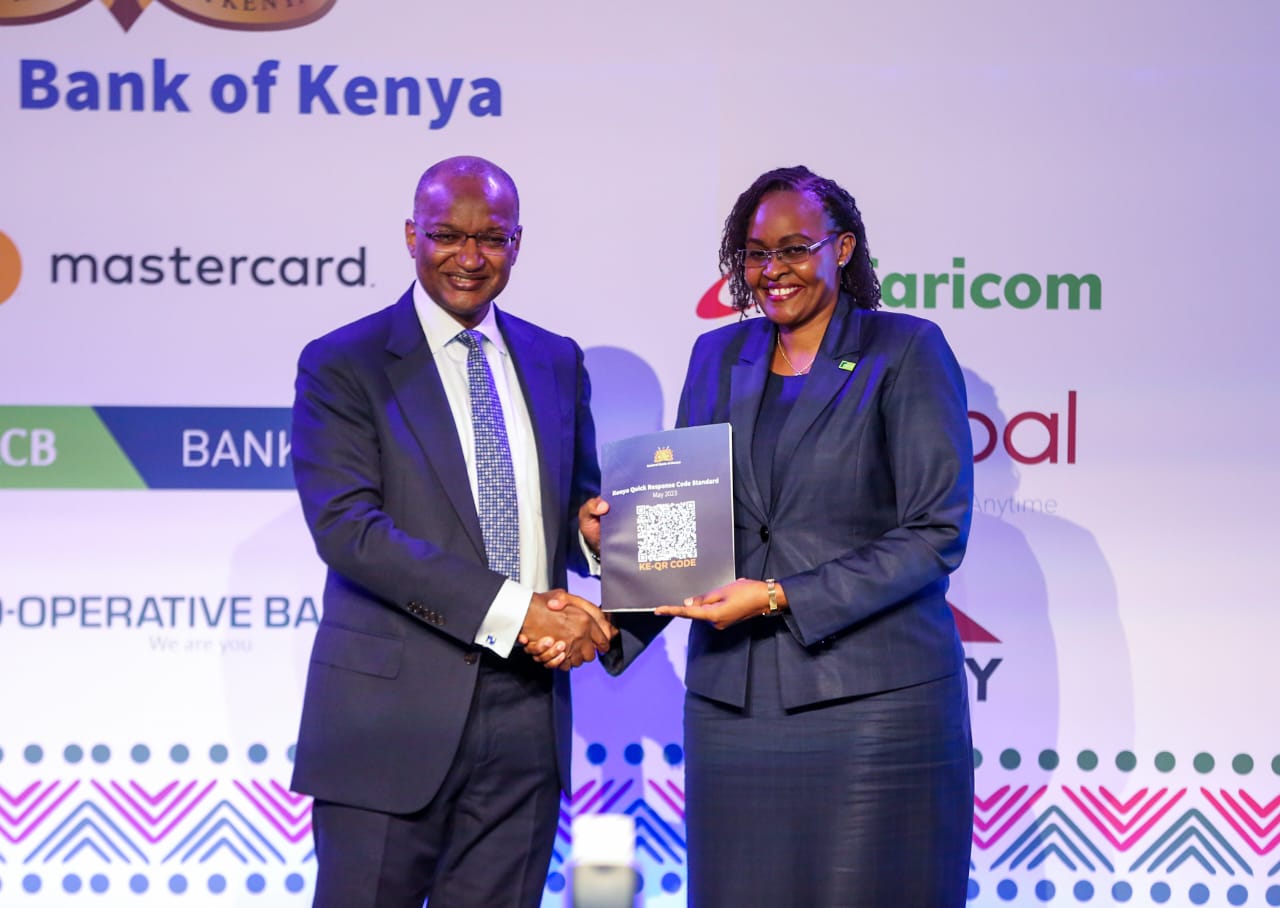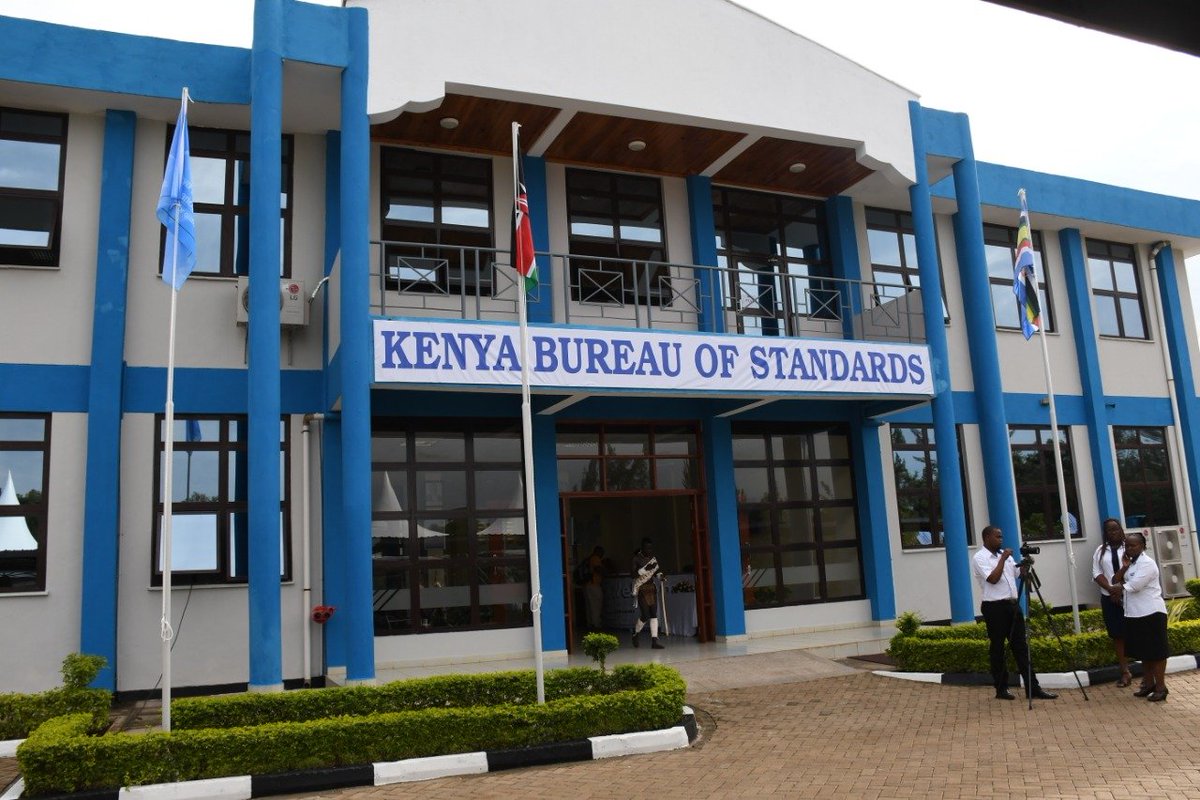The Central Bank of Kenya (CBK) on Wednesday, May 3 announced the issuance and implementation of the Kenya Quick Response Code Standard 2023 (KE-QR Code Standard 2023; or the Standard).
The Standard will guide how Payment Service Providers and banks (institutions) that are regulated by the CBK will issue Quick Response (QR) Codes to consumers and businesses that accept digital payments.
QR Codes are machine-readable codes consisting of an array of black and white squares containing information that provide an alternative option for initiating and accepting digital payments made by customers at various points of sale, such as supermarkets, general stores, shops, among other outlets.
The implementation of the Standard, and use of standardised QR Code-enabled payments, will bring practical benefits to businesses and customers.
Customers will now be able to make digital payments in an easy, fast, convenient, and secure manner using QR. Previously, customers had to manually input different payment codes and numbers, hence creating friction and cumbersome payment processes that are prone to errors.
Read More
The Standard will also promote inclusion by enabling institutions of various sizes and customer focus to increase adoption digital payments.
.jpeg)
In the long-term, use of standardised QR Codes will facilitate launch of innovative products and deepen the benefits already enjoyed by customers making payments across various institutions and mobile money networks (interoperability).
The Standard, which is based on the EMVCo QR Code Specification, has been developed through collaboration between CBK, Payment Service Providers, banks, card schemes, among others.
The Standard will be rolled out in a phased approach as these players align their operations to requirements set out in the Standard and increase customer awareness.







-1713274357.jpeg)

-1713265321.jpg)

-1713259173.jpg)